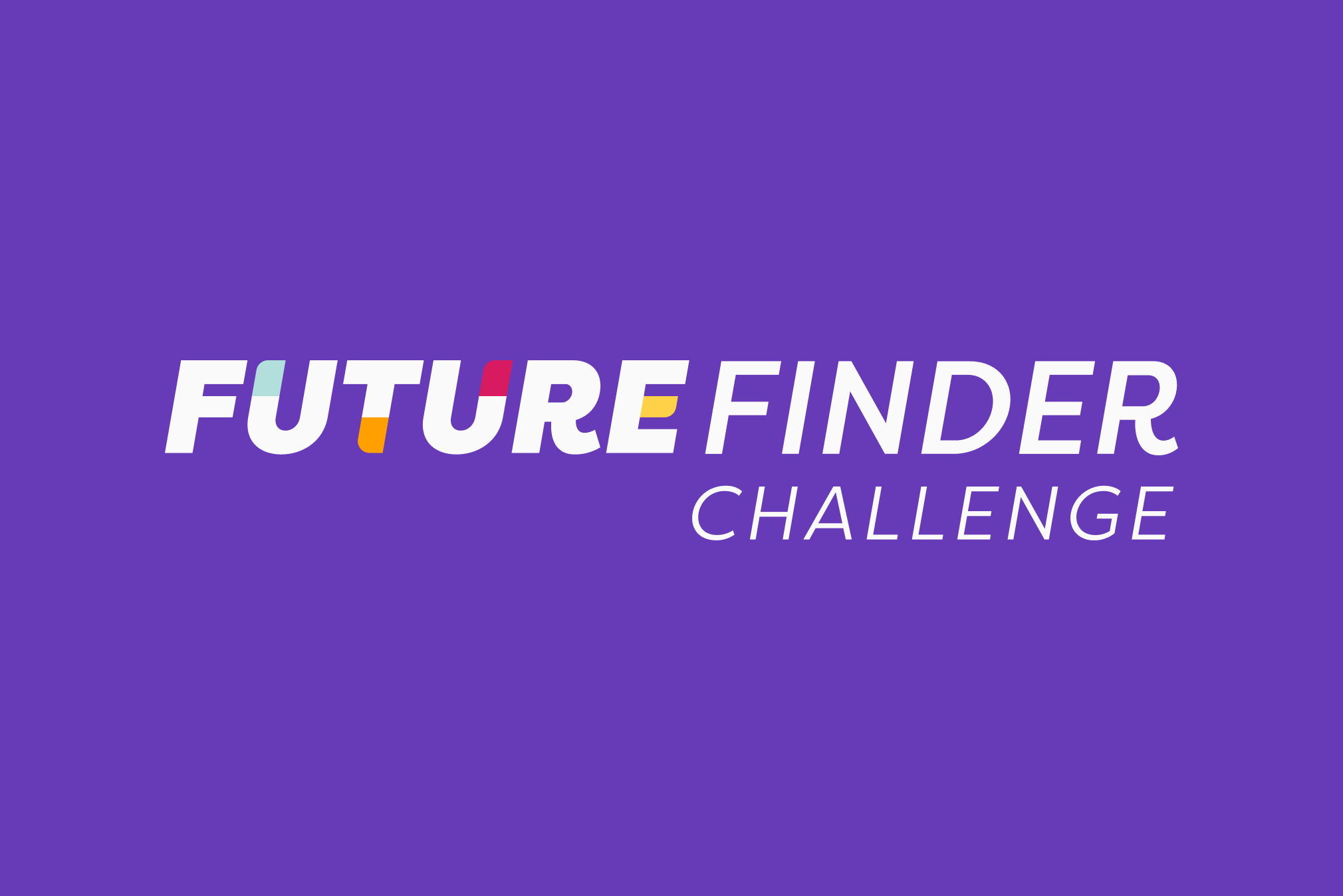U.S. Department of Education announces five finalists in the Future Finder Challenge.
Important tasks require the right tools. Career navigation — understanding, choosing, and preparing for career opportunities — is critical for adult learners. Technology has the potential to augment existing career navigation services, expanding access for all learners across the United States.
Although there are a growing number of digital career navigation tools for professionals and higher education students, few are designed specifically for adult learners. The U.S. Department of Education’s Future Finder Challenge, a $1 million challenge to reimagine career navigation for adult learners, is bringing much-needed collaboration and innovation to adult edtech.
The Future Finder Challenge, designed and produced by Luminary Labs, announced five finalists this month. The finalists will receive $50,000 each to support the development of their prototype tools and will participate in a virtual accelerator, which offers six months of intensive technical assistance to further develop their products.
“Career navigation tools have become vital to success in today’s workforce. Yet too few of these tools are designed to support the needs of adult learners,” said Assistant Secretary of the Office of Career, Technical, and Adult Education Amy Loyd. “We are thrilled to see such high-quality submissions as we work to increase equitable access to quality careers.”
The challenge received 76 submissions in response to the Office of Career, Technical and Adult Education’s (OCTAE) invitation to build digital career navigation tools that better support adult learners. Entrant teams — including minority-, women-, Veteran-, LGBTQ+-, and Native American-owned organizations from 29 states — submitted prototypes ranging from skills assessment and career matching to mentor access and job application tools. All five finalist teams are minority-owned and/or women-owned businesses.
Congratulations to the finalists:
- BestFit (St. Louis, Missouri). A mobile-optimized web platform that connects learners with wraparound supports and services to increase program retention. The platform matches learners to on-campus, community, federal, and philanthropic resources such as childcare, healthcare, transportation, meals, and financial assistance.
- Gladeo (Los Angeles, California). A regional career navigation web platform that combines a virtual career day with a self-assessment quiz, program finder, and a personalized news feed of resources and opportunities, helping adult learners identify and pursue new career pathways. The platform’s enterprise cloud tools also allow case managers and job centers to guide, manage, and track their clients’ journeys.
- Territorium (San Antonio, Texas). A mobile application that matches adult learners’ knowledge, experience, and interests with current hiring needs, building a workforce talent pipeline. The app supports learners through career navigation, including assessment, exploration, and relevant training leading to job placement.
- Wingspans (Providence, Rhode Island). A web platform that leverages storytelling and AI for self-discovery, career exploration, and lifelong success. It has 700+ real-world stories organized into career, major, school, and employer pages, a personality assessment, employer profiles, a resume builder, career planning tools, and career inspiration.
- Workbay (Franklin, Tennessee). A web, mobile, and offline platform — deployed across national, state, regional, and correctional programs — that links career exploration, skill-building, job postings, and applicant tracking.
Finalists advance to Stage 2 virtual accelerator
The six-month Stage 2 virtual accelerator will kick off with an in-person boot camp. The finalists will then have access to virtual resources, webinars, and mentorship from subject matter experts across topics such as adult education, design research, product design, storytelling, and sustainability.
At the end of the accelerator, finalists will submit their market-ready tools and accompanying proposals, and present at a live demo day in fall 2023. A judging panel will review the submissions against the Stage 2 criteria and recommend a slate of winners to the Department. One grand-prize winner will receive $500,000, and up to two runners-up will receive a share of at least $250,000, to be announced in fall 2023.
Supporting innovation beyond the challenge
Beyond Stage 2, the challenge will support winners into 2024 as they deploy their solutions. To help promote further innovation, challenge resources and videos will remain available to all entrants, as well as to those who did not participate in the challenge. Innovators can continue using these resources to develop new digital tools that reimagine career navigation for adult learners.

